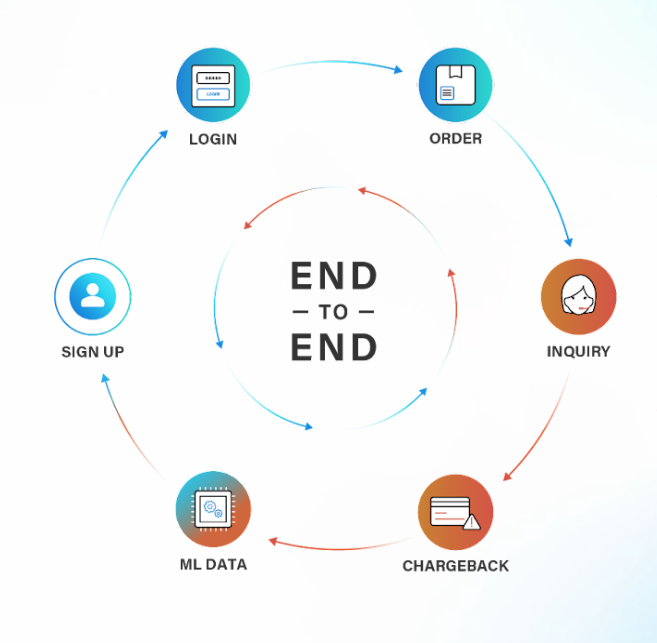
Response Recommendations for Dispute Management
August 31, 2022 2:49 pmIntroduction You may currently be working on a chargeback response, a representment, or a “pick-a-noun” content that you hope will […]
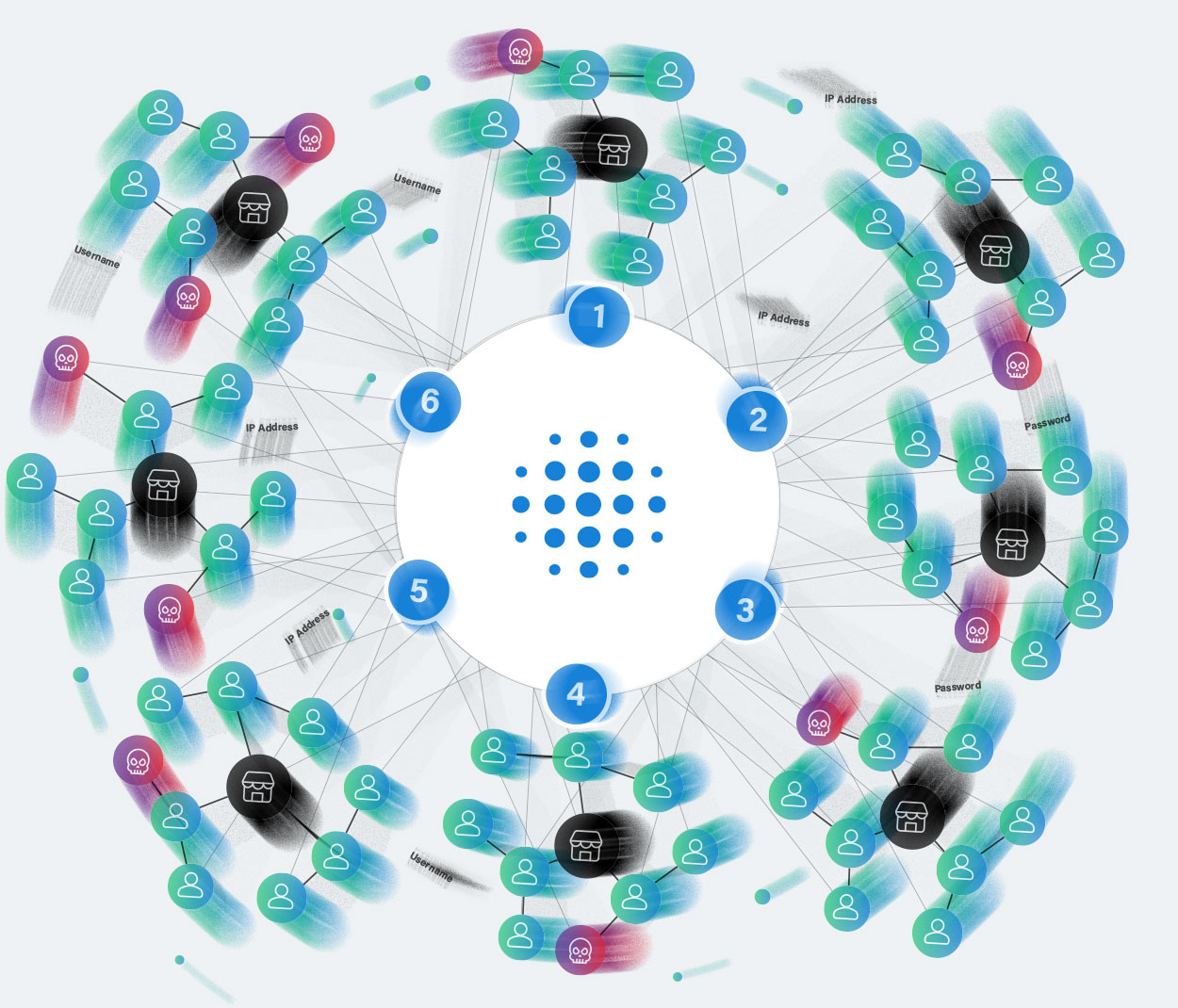
Continuous ML Improvements @ Sift Scale
June 9, 2022 11:33 amThe SaaS and fraud space is dynamic and ever evolving. Customers, old and new, bring new fraud use cases that […]
Text clusters – Fighting spam using neural networks and unsupervised ML – Part 1
February 14, 2022 1:04 pmThe spam problem “Spam will be a thing of the past in two years’ time” – Bill Gates in 2004. […]
Sift’s 2021 Hackathon brings the entire company together for innovation
October 20, 2021 5:49 pmOne of our values at Sift is “Ever Better”, meaning that we don’t settle for the status quo, and as […]

Watchtower: Automated Anomaly Detection at Scale
March 3, 2020 10:00 amAs the leader in Digital Trust & Safety and a pioneer in using machine learning to fight fraud, we regularly […]
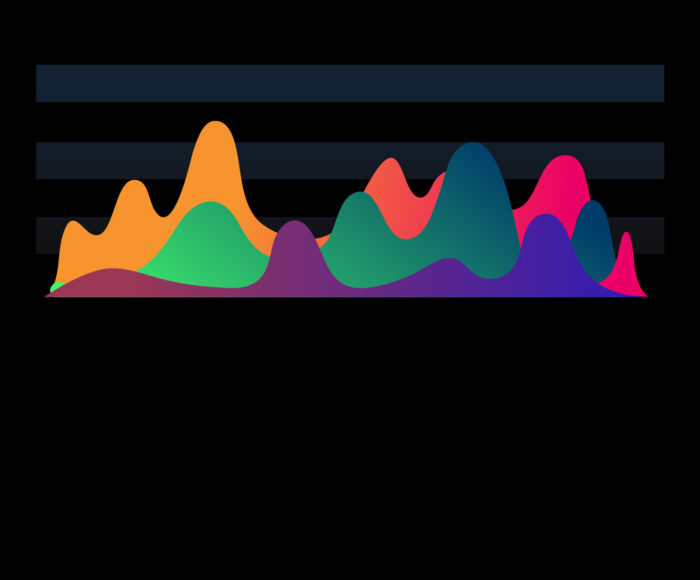
Does Your Model Launch Have a SafetyNet?
April 4, 2018 9:29 amIn the adversarial and constantly changing world of fraud detection and trust enablement, keeping up with the most recent online […]
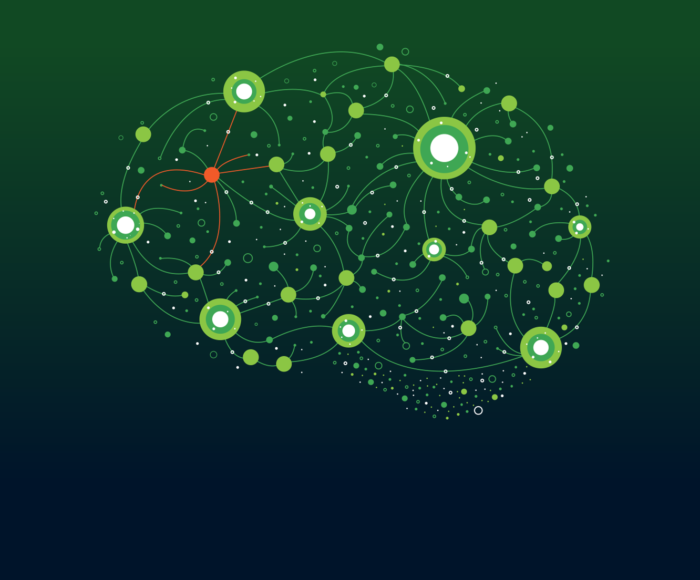
Deep Learning for Fraud Detection
March 22, 2018 10:18 amIn this blog post we detail how Sift has begun leveraging deep learning (in the form of RNNs) to improve our ability to detect fraud.

How Sift Trains Thousands of Models using Apache Airflow
March 20, 2018 12:25 pmAt Sift Science, engineers train large machine learning models for thousands of customers. We need processes and tools to do […]
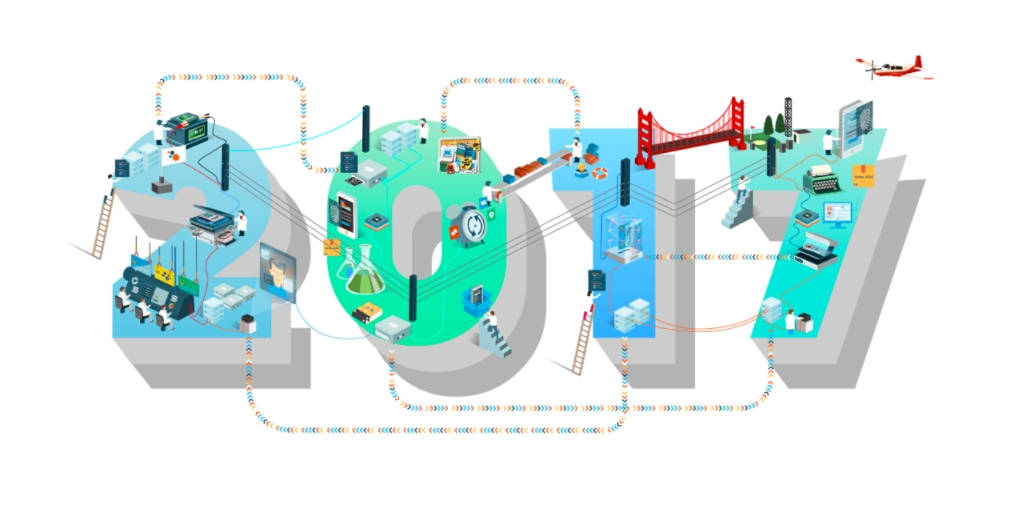
2017 Sift Engineering in Review
December 31, 2017 4:00 pm2017 has been a pivotal year for Sift Science and the engineering team. We’ve delivered on amazing product launches, technological […]
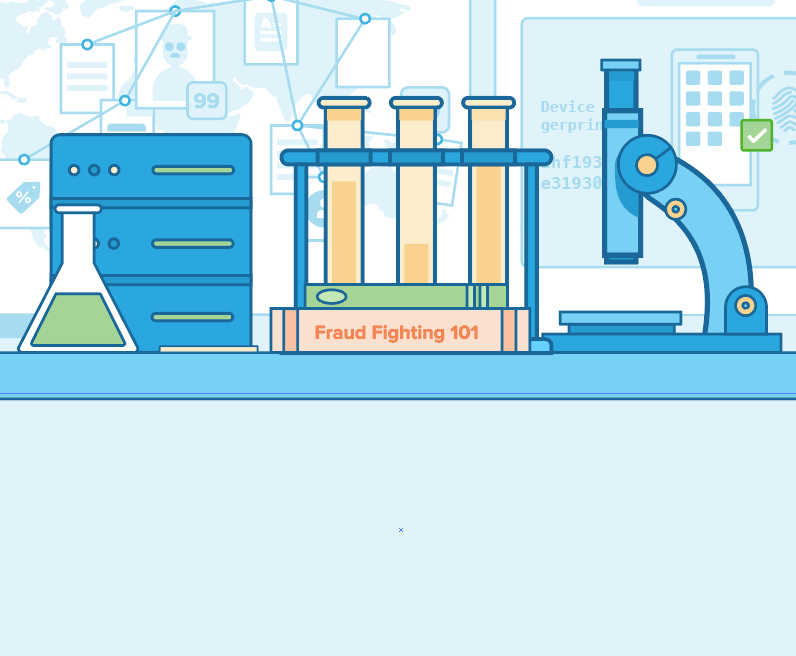
Models in Disguise: How Sift Science Ships Non-Disruptive Model Changes
September 12, 2017 10:10 amTL;DR: We can transform the score distributions of new models to match those of old models, while preserving the new […]

Seattle Office Holds First Public Event: Custom Machine Learning Models at Scale
April 21, 2017 6:01 pmOn April 19, 2017 the newly-opened Seattle Sift Science Research and Development Office hosted its first public speaking event: Alex Paino, […]
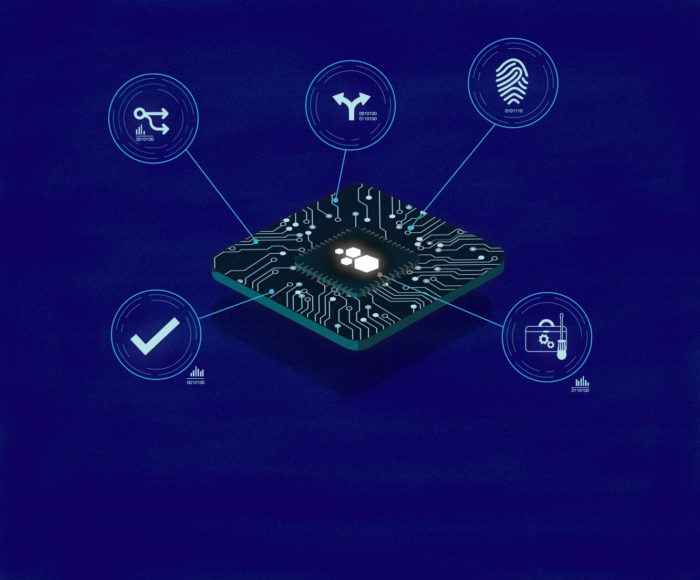
ML Experiments at Sift Science, Pt. 3: Building the Right Tools
January 9, 2017 8:51 amIn the first two posts of this three-part series we discussed how we ensure correctness when conducting and analyzing machine […]
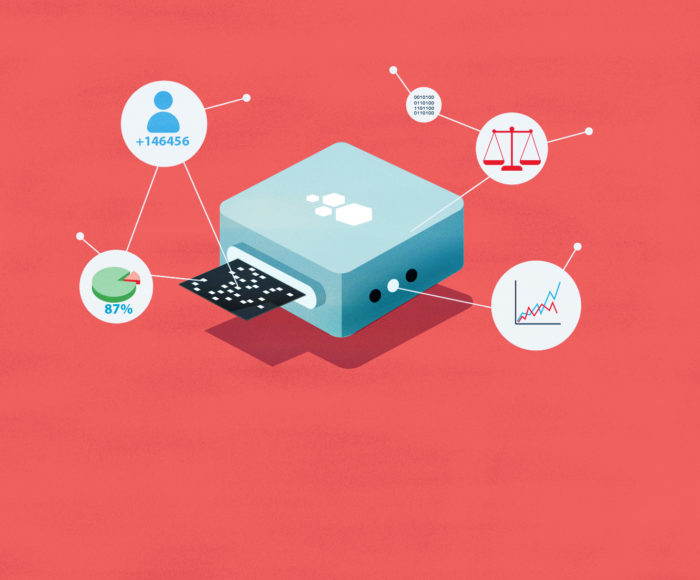
ML Experiments at Sift Science, Pt. 2: Analyzing Thousands of Models
December 21, 2016 9:14 amIn the first post on ML Experiments at Sift Science, we described how we minimize bias in our offline experimentation […]
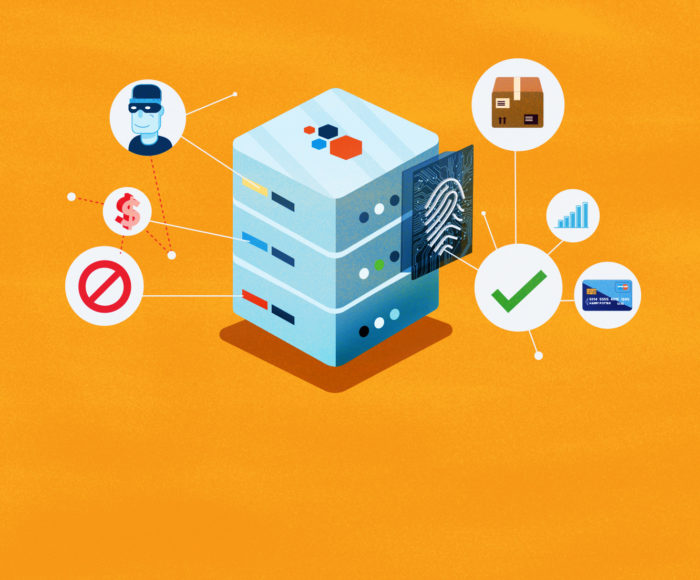
ML Experiments at Sift Science, Part 1: Minimizing Bias
December 1, 2016 2:44 pmAt Sift Science we use machine learning to prevent various forms of abuse on the internet. To do this, we […]

Large Scale Decision Forests: Lessons Learned
August 25, 2015 8:51 pmAt Sift Science, we use a variety of popular machine learning models to detect fraud for our customers. However, until recently we relied exclusively on a combination of linear models and sophisticated feature engineering. As we were reaching the limits of this setup, we began experimenting with our first non-linear model: random decision forests. Several months and over 100 experiments later, we were thrilled to announce the addition of random decision forests to our ensemble of models used to fight fraud. Along the way we learned quite a few things about designing a random decision forest classifier for the fraud detection use case. Here we detail several of these learnings, including how we handled sparse and missing features, useful model visualization techniques, heuristics we used to improve class separation, specialized feature engineering, and how we combined our random decision forest with our existing models. All told, these learnings resulted in an 18% reduction in error for our customers.

Turn Up the Bayes, Part 2
August 12, 2015 5:10 pmWe really love tech talks.At Sift Science, sharing knowledge and facilitating great discussion are two of our favorite things (just behind fraud-fighting, board games, ML, and really beautiful data visualization). In that vein, we've been delighted to host a summer tech talk series entitled Turn Up The Bayes, where we invite awesome engineers to chat about the interesting things that they're working on. To set the mood, we provide delicious pizza and refreshing beverages, and set aside plenty of time for discussion, questions, and more pizza.

Decision Forests: Taking Our Machine Learning to the Next Level
July 9, 2015 5:13 pmWe're adding random decision forests to our machine learning solution, so get ready for an 18% improvement in Sift Score accuracy!This week, we launched an entirely new machine learning model called random decision forests, which will work alongside our existing models. Why? For an additional layer of prediction power, of course. With Sift Science’s decision forests in place, we expect that, on average, our customers will see a significant increase in fraud detection accuracy. This added model makes our online and large-scale learning capabilities even more robust!

Turn Up The Bayes, Part 1
July 1, 2015 11:46 pmThis week, we hosted the first session of our new summer speaking series (Turn Up The Bayes). I gave a talk on how we leverage a distributed database, HBase, to power an infrastructure that enables performant, distributed online learning. The following is a brief summary...but first, a quick introduction.Fraudsters always search for new ways to exploit opportunities at the expense of companies that provide legitimate goods and services. At Sift Science, we use real-time supervised machine learning to sabotage fraudster plots. As it turns out, the “real-time” portion of our product brings significant infrastructure challenges.
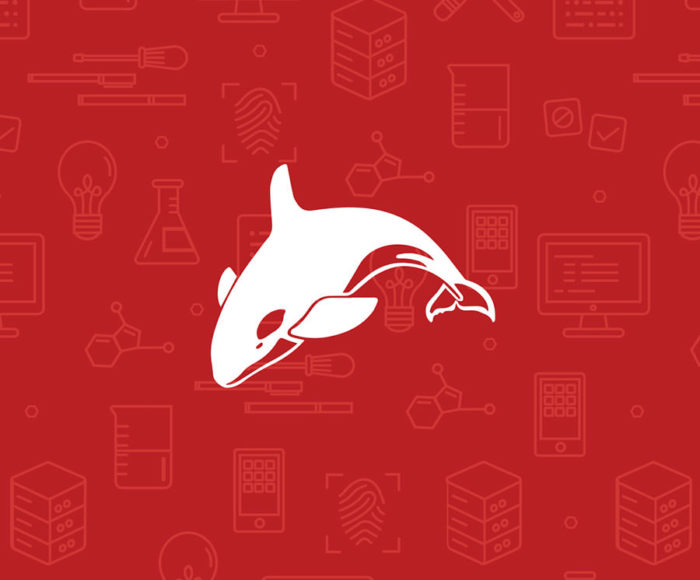
Running ML Infrastructure on HBase
May 29, 2015 6:52 pmOn May 7th, I presented at HBaseCon, demonstrating how Sift Science leverages HBase and its ecosystem in powering our machine learning infrastructure. In case you missed the talk, I’ll lay out the main points here.There are three main types of events that we receive from customers on our platform: page views (also known as page activities), purchases (also known as transactions), and “labels”.

Running ML Infrastructure on HBase
September 23, 2014 12:59 amWe recently hosted our first ever HBase meetup! This was a very exciting event for us as it was the first time we showed off some of the great infrastructure and systems we've built to power our machine learning platform.